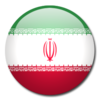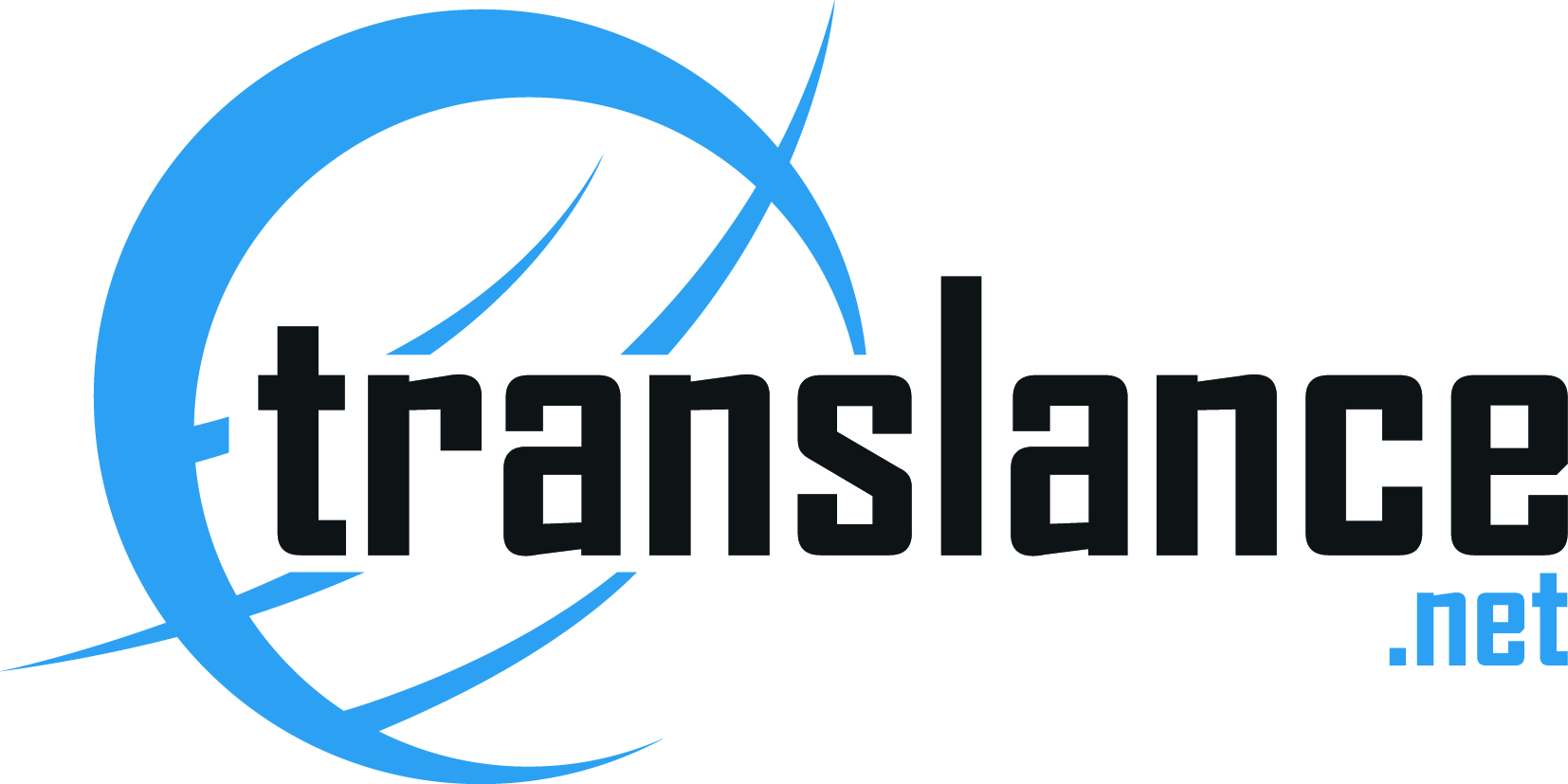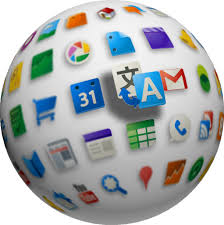Translation tools
The range of needs of different classes of the community is very diverse in using translation services. Each person or organization may need to receive appropriate translation services and use of professional translators, in light of their position. Businesswomen and business owners require translators to translate business texts. Students, professors and researchers need to translate their articles and specialized texts.
Tools for a professional translation can not be just the old pen and paper. General knowledge, dictionaries, thesauruses, and glossaries all are useful but there are many other tools which can make one a professional translator.
A computer translation tool, or CAT, can help translators have a qualified translation. This tool utilizes a variety of software and technologies to make the translator work in the shortest possible time. The machine translation attempts to convert the translation text into smaller pieces and in effect stores them in memory. In this case, it can translate specialized or repetitive vocabulary and phrases in the same way, which is an important step in having a professional translation.
Because in this case, the translator can not only translate coherently, but also spend his time in translating just new vocabulary. Additionally, this tool can store specialized phrases along with their sentences in memory, which can reduce the errors of the translator. The find tool is also much more powerful in this software so that the translator can go to different parts of the text if necessary to check and revise the translation. The translation memory in the translation tool is in fact a place for storing different parts of the translation text along with their source. The created database helps the translator review and edit the text. This database also has the capacity to provide the information to the translator rather precisely, when searching for a phrase.
Because this tool uses computers, it can save time and money. In addition, this tool can be considered as an effective reference for future translations by creating translation memory. Of course, we often find out the importance of these types of tools, when we have a long text. In this case, these tools help translators with the correct equivalents of the specialized words. These tools are important in today's world where most texts are specialized because on the one hand, the translator can not examine each of these specialized terms and, on the other hand, they usually have too little time to translate.
Therefore, the use of these tools, which automatically detect specialized terms and their equivalents in the text, plays an important role. Among other advantages of these tools, it can be said that they are consistent with the era of technology, that is, advancement of technology and removal of paperwork.
Undoubtedly, translators have a lot of interest in technologies that help them deliver effective translation. Computer-aided translation tools (CATs) keep the terminologies constant during the whole text and in this case are very effective in improving the quality and textuality of the text.
 English
English Persian
Persian

